The plight of the Negev Bedouin continued as Israel’s Supreme Court recently ruled that the village of Umm al-Hiran would be destroyed and its inhabitants removed to make way for Israeli settlers. The NGO Human Rights Watch criticized the ruling, which also applied to a similar village in the West Bank, with its Middle East and Africa director Sarah Leah Whitson stating “The court decisions in the Umm al-Hiran and Susya cases ignore international law in upholding discriminatory evictions by the Israeli authorities in Israel and the occupied territories”. In the court’s ruling however, it stated that the eviction and demolition would not be discriminatory as the Bedouin would, in principle, not be prevented from later purchasing houses in the new community. Given that the new community would be built “with institutions intended to serve the religious Jewish community” and the recent history of disputes between religious settlers and evicted residents, the court’s opinion is likely to remain “in principle” only.
Unfortunately for the Bedouin who currently reside in the Negev desert this recent injustice is only one of a long line of struggles. The first attempt legally impose restrictions on the Beouin’s traditional way of life was under the Ottoman Empire. Seeking to impose greater control on the nomadic people, the Empire instituted the Ottoman Land Law in 1858 which set up legal justification to strip the Bedouin of their traditional rights to travel and encouraged them to register specific plots of land. While this process was initially used with the goal to expand the tax base for the Ottoman Empire, a long weakness of the Empire, it also had a sedentarization effect on the Bedouin. This later effect likely was also beneficial to the Empire seeking to ensure its security through greater control over its most nomadic citizens. Towards the end of the 19th century, the Empire would encourage other peoples to move to the region traditionally inhabited by the Bedouin by granting them large tracts of land. Unsurprisingly, this led to a further displacement of the Bedouin until many were forced to adopt a sedentary lifestyle that largely continues today.
It is the policies carried out under the Ottoman Empire, especially the 1858 Ottoman Land Law, that influenced the Israeli government when initially deciding how to handle the Bedouin that inhabited the new country of Israel. Taking a cue from the Ottoman designation of the land the Bedouin inhabited as “un-workable” , the Israeli government agreed with the assessment and like the Ottoman Empire before nationalized the land. This once again set up the legal grounds for a system of non-recognition and relocation that continues to the present. Simultaneously, among further efforts to discourage the traditional lifestyle of the Bedouin that were instituted, was the Black Goat Law of 1950 which under the justification of preventing erosion and other land damage severely limited the ability for Bedouins to graze their livestock. Due to their long history of systemic non-recognition and their low level of education very few Bedouin had the documentation or means to prove their historical right to the land or to argue against these measures.
The motives for the Israeli government’s continued attacks on the Negev Bedouin’s land and the non-recognition of their right to 36 villages in the Negev become clear when the future value of the Negev region is taken into account. To the Israeli government and organizations affiliated with Israel’s development, the region of Negev is a key part of Israel’s future, touted as a potential “Israeli Silicon Valley”. As a first step of this larger move the Israeli military has announced plans to move bases to the region, specifically for units deemed to be involved with “high-tech” careers, leading to a predicted annual regional benefit of NIS 1.4-1.7 billion (USD $360-470 million) in economic activity. Simultaneously, civilian governments and firms are planning to build further infrastructure and tourist related attractions to support this coordinated move with additional investments talked at totaling NIS 500 million (USD $128 million). The Negev and Galilee Development Ministry will also be promoting Jewish families to relocate to the region by aggressively advertising the increased standard of living and government subsidies for relocation. Reading through the mission of the backers and source of funds for this development, including the Jewish National Fund (JNF), it is clear that the efforts to use and develop this land is for the Jewish population exclusively.
With dreams of Israeli’s future dependent on a geopolitically stable south and with these plans aiming for completion before 2020, it is little surprise why resolving these long standing issues with the Negev Bedouin in a comprehensive and fair fashion is not a priority. A dispersed group of Israel’s fastest growing population, all of who are Israeli citizens, which also suffers from extremely low educational attainment and inclusion in greater Israeli society would present a thorn in the side of the stability needed for future development in the region. Despite public lip service by the Israeli government to raising the standard of living for the Negev Bedouin, such as the unpopular and later scrapped Prawer Plan, the recent action to destroy the village of Umm al-Hiran clearly illustrates the truth for the Negev Bedouin. Simply, development of the region is a priority and will happen as the Israeli government dictates without meaningful input from the Negev Bedouin and unrecognized villages will be destroyed to make way for Jewish Israelis. With little in the way of international recognition or support the Negev Bedouin and their unrecognized villages face a daunting task against a government which views them as a problem rather than a potential stakeholder in Israeli society. Ariel Sharon wrote in 2000, “In the Negev, we face a serious problem: About 900,000 dunams of government land are not in our hands, but in the hands of the Bedouin population. I, as a resident of the Negev, see this problem every day. It is, essentially, a demographic phenomenon… Out of weakness, perhaps also lack of awareness about the issue, we, as a country, are doing nothing to confront this situation… The Bedouin are grabbing new territory. They are gnawing away at the country’s land reserves, and no one is doing anything significant about it.” With the recent out rulings it clear that the Israeli government has indeed decided to do something “significant” about the Bedouin phenomenon, with disastrous results to their community.
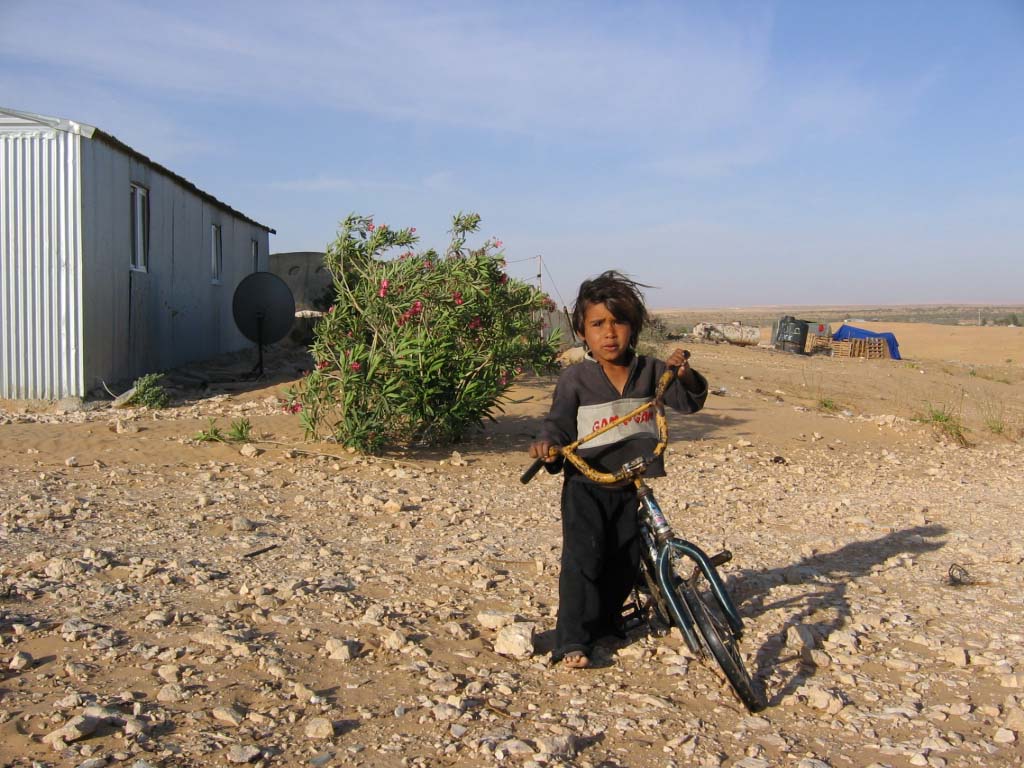
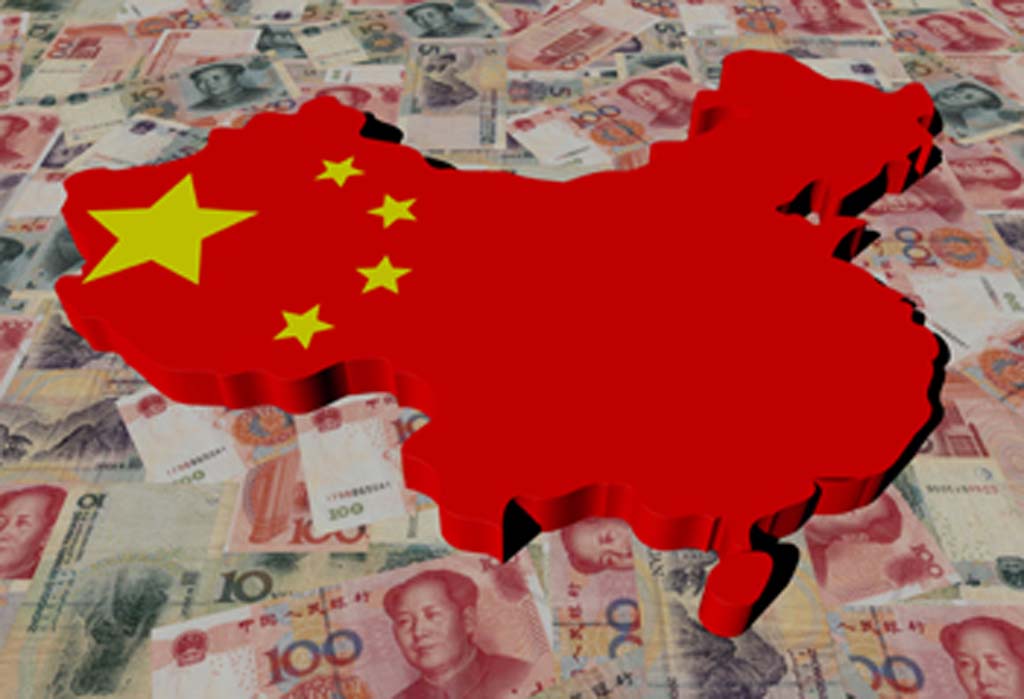
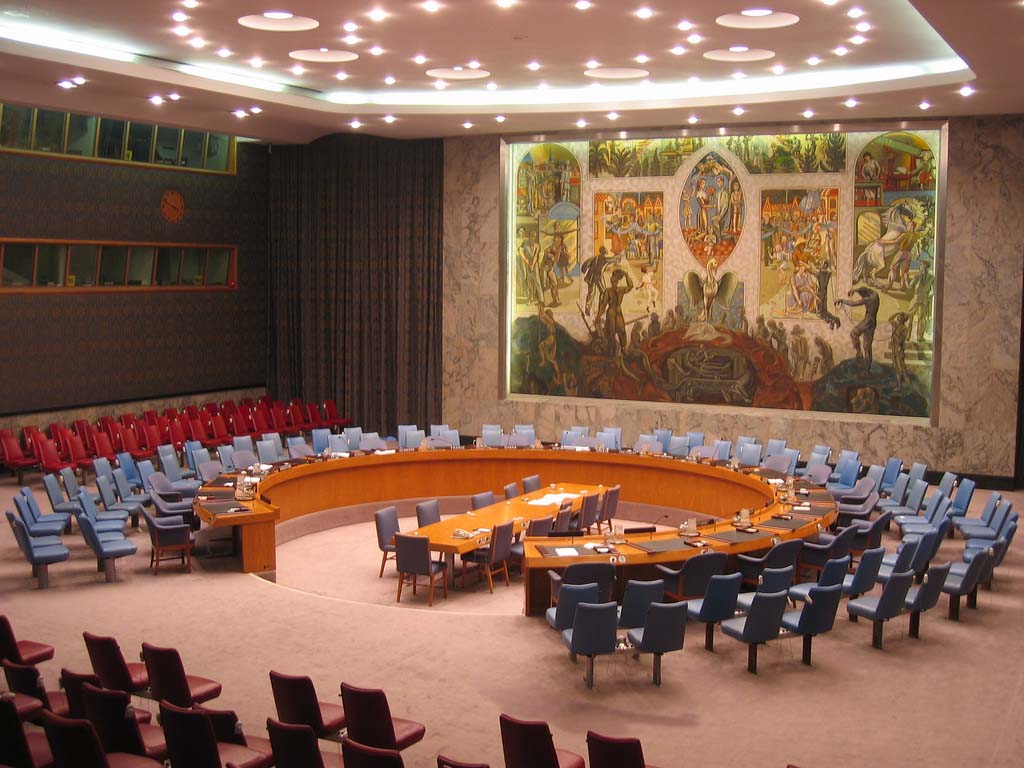
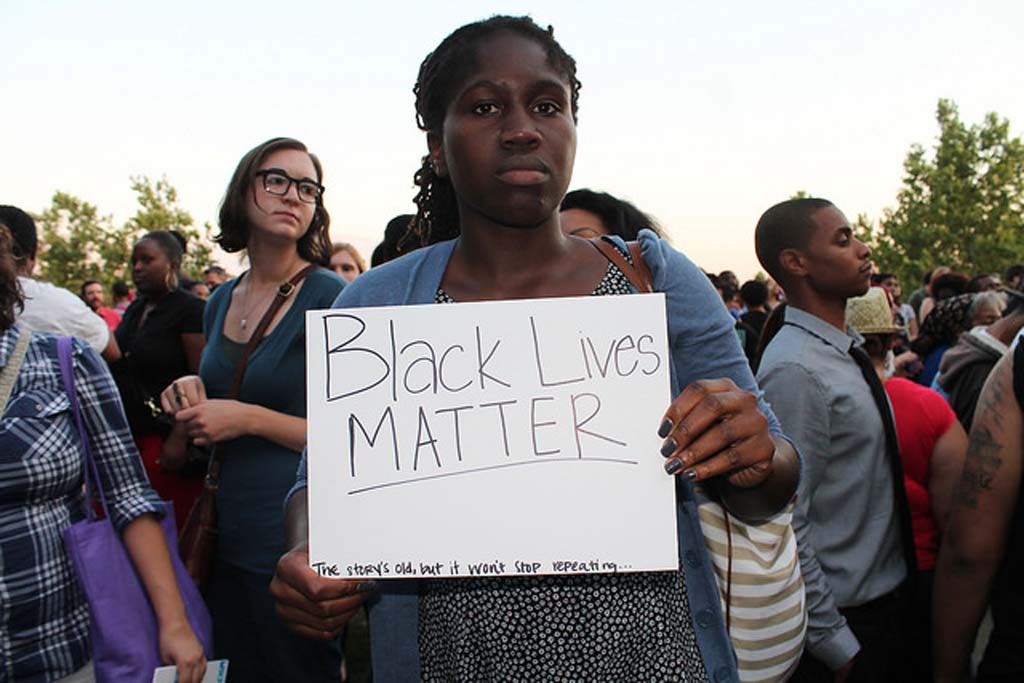
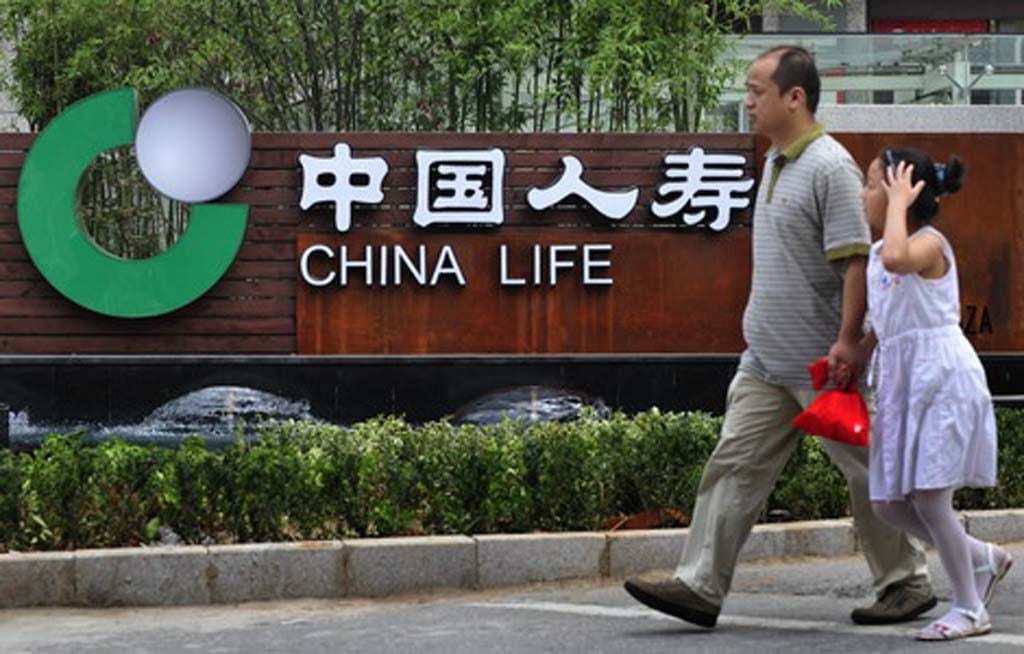
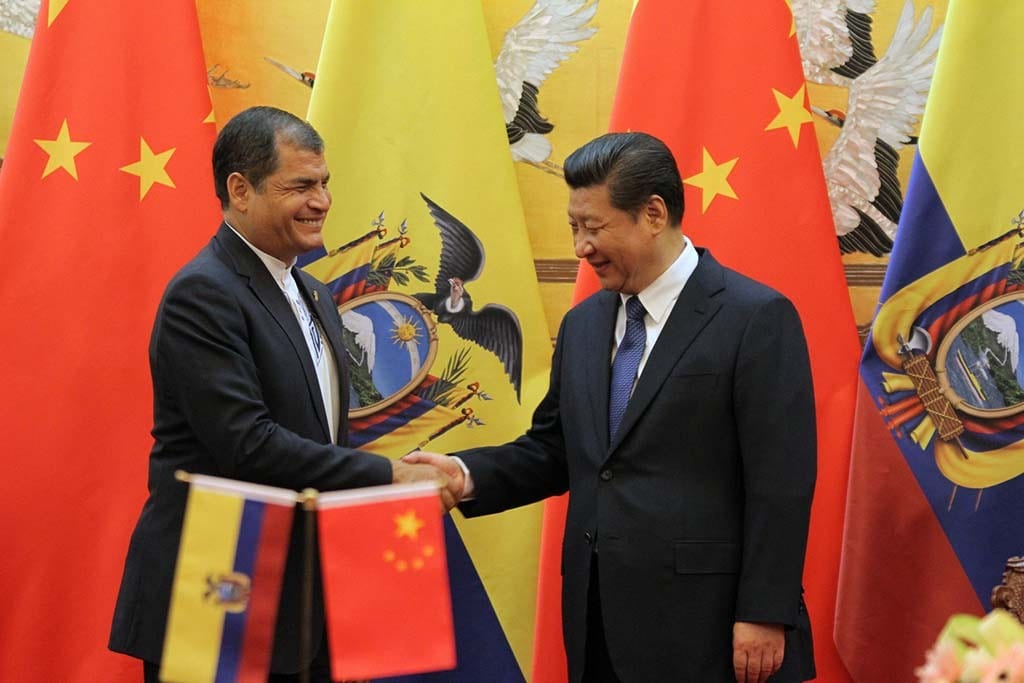

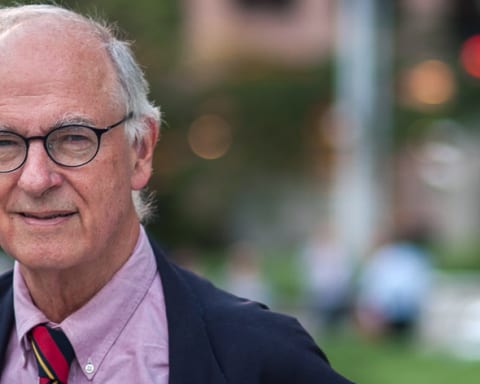
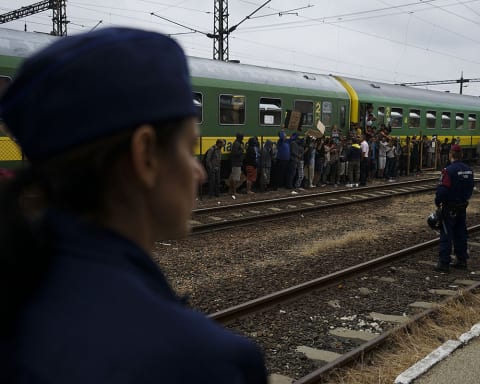
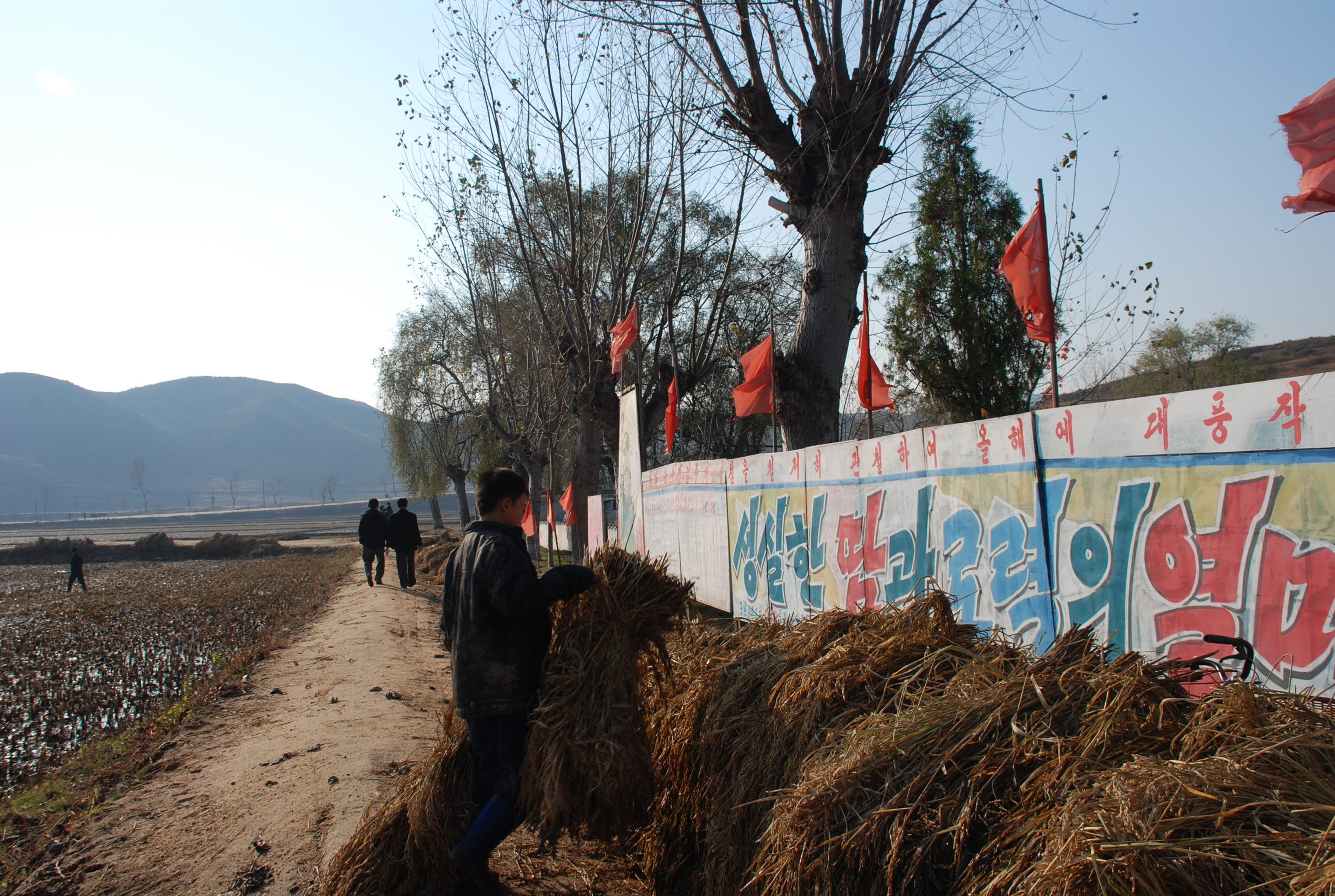
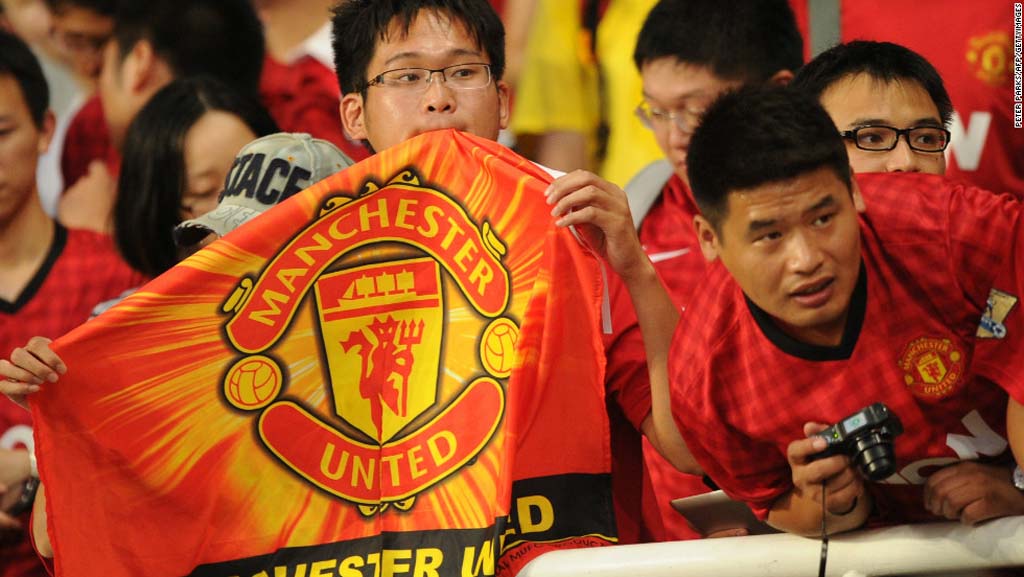

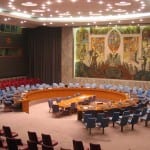
Nice article Eric.
Thanks Talal, glad to hear you enjoyed it!
The situation of human rights in Israel is an issue near and dear to me. Hopefully increased attention will lead to meaningful changes in the near future!